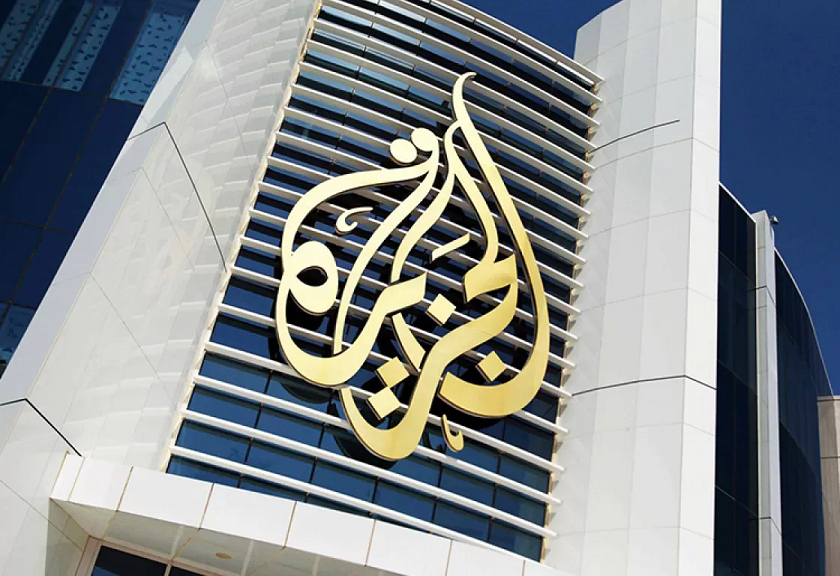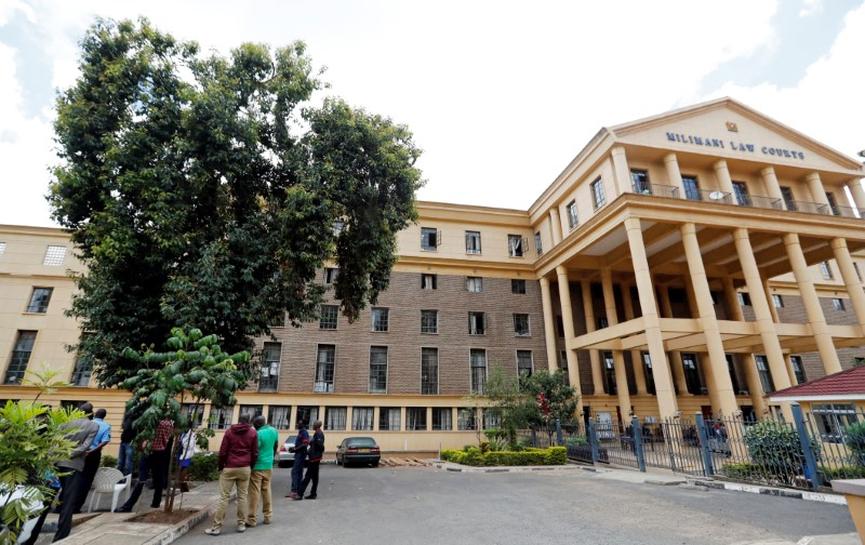‘Criminally negligent’: impunity persists for Beirut port blast
![Beirut port [Al Jazeera]](https://liberties.aljazeera.com/resources/uploads/2021/08/1628346546.jpg)
Beirut port [Al Jazeera]
On 4 August 2020 one of the largest non-nuclear explosions in history pulverized the port of Beirut and damaged over half the city. The explosion resulted from the detonation of tonnes of ammonium nitrate.
The cargo of ammonium nitrate had entered Beirut’s port on a Moldovan-flagged ship, the Rhosus, in November 2013.
The Beirut port explosion killed 218 people and injured 7000 people. As a result of the explosion 80,000 children were left without a home.
In its report, They Killed us from the Inside: An Investigation into the August 4 Beirut explosion, Human Rights Watch (HRW) states that, according to the World Bank, the explosion caused an estimated $3.8-4.6 billion in material damage.
According to the HRW report multiple Lebanese authorities were, at a minimum, criminally negligent under Lebanese law in in their handling of the Rhosus’s cargo.
Sarah Leah Whitson, executive director of Democracy for the Arab World Now (DAWN) said to Al Jazeera: ‘One year after the terrible incident it is clear that the Lebanese government has been criminally negligent in blocking investigation of the disastrous blast. This was not a natural accident. This was a man-made accident. It is a disaster that the Lebanese government could have prevented and failed to prevent. The anger of the Lebanese people against their government is completely justified.’
Speaking to Al Jazeera, Lebanese international lawyer Antonio Abou Kasm says: ‘The victims are victimized twice, in addition of being victims of the explosion, they are victims of a politicized judicial inquiry and for the delayed justice, and a big majority of suspects are not appearing before the judicial investigative judge because they are still protected by their functional or official immunities.’
Judicial system
Commenting on whether the Lebanese judicial system is equipped to try this case Abou Kasm said: ‘The Lebanese judicial system is not well equipped to achieve the criminal investigations, knowing that there are many foreign elements in the case file, such as the nationality of the vessel’s crew, the nationality of the vessel, the shipping company, the nationality of the people making the order of the Nitrate Ammonium. At the judicial level, the main challenge remains waiving the immunity of some officials, in addition to some conflict of jurisdiction, because for ministers there’s a special court ‘the Supreme Council’, whose function is to try presidents and ministers, but this court has not been composed yet and is not functional, and for the Members of Parliament, the Chamber of Deputy shall give the permission in an official meeting to decide the waiver of immunity.’
‘Because there’s a suspicion of a terrorist attack or an organized attack, and because of the foreign elements, a UN international inquiry is a must or at least a UN fact-finding mission’, said Abou Kasm.
- Most Viewed
- Most Popular

















